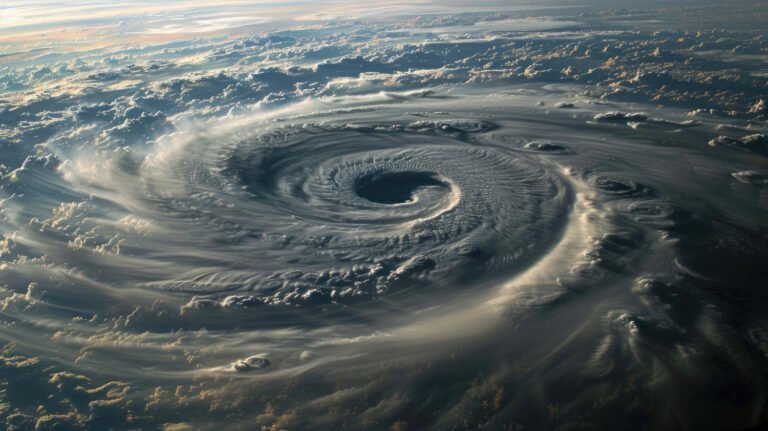Understanding and Countering Climate Science Denial
Climate science denial has led to polarisation over an otherwise scientifically established issue and has contributed to widespread dissemination of misinformation. This misinformation has decreased public acceptance of climate change and eroded support for mitigation policies. Here’s what we know about the drivers of science denial, common techniques used to spread doubt, and the interventions that can counteract misinformation effectively.
Psychological Drivers of Science Denial
Political ideology is identified as a major factor influencing people’s beliefs about climate change. Political conservatives, for instance, are more likely to reject climate science because they dislike the proposed solutions, such as environmental regulations. In addition, cues from political elites and misinformation from conservative think tanks play a significant role in shaping public attitudes. This has resulted in reduced public concern about climate change, particularly around 2009 when misinformation campaigns increased significantly.
Techniques of Science Denial
There are five common techniques of science denial, summarized using the acronym “FLICC”:
- Fake Experts: Misinformers use spokespeople who lack expertise in climate science to spread misinformation, such as the “Global Warming Petition Project.”
- Logical Fallacies: Arguments that contain misleading or irrelevant premises are common among climate denialists.
- Impossible Expectations: Climate denialists often demand unrealistic levels of proof for climate science, attempting to cast doubt on scientific findings.
- Cherry Picking: Denialists selectively present data that supports their argument while ignoring broader trends, such as using specific cold weather events to argue against global warming.
- Conspiracy Theories: Around 20% of the U.S. public believes that climate change is a scientific hoax, and these beliefs undermine support for climate action.
Impacts of Climate Misinformation
Misinformation about climate change has several negative impacts. It can decrease public acceptance of climate science, create polarization along political lines, and cause people to perceive a false “consensus gap” on climate issues. It also creates “pluralistic ignorance,” where people concerned about climate change mistakenly believe they are in the minority, leading to a reluctance to discuss climate issues.
Countering Climate Science Denial
There are several strategies we can use to combat misinformation:
- Debunking: Debunking misinformation is challenging because once misinformation takes hold, it is difficult to correct. Effective debunking requires providing a factual replacement that explains why the misinformation is incorrect, alongside a warning about the misinformation.
- Inoculation: Inoculation theory involves exposing people to a weakened form of misinformation along with counterarguments. Studies have shown that this strategy effectively neutralizes misinformation’s impact, even before people encounter it.
- Misconception-Based Learning: Educating people by addressing misconceptions about climate science is more effective than traditional education. It not only helps correct misinformation but also fosters critical thinking.
- Technocognition: Using technology combined with psychological principles, this approach involves the use of automated systems to identify and debunk misinformation effectively. This strategy is especially useful given the widespread dissemination of misinformation through social media.
The impact of climate misinformation cannot be ignored. There is a growing body of psychological research that offers insights into effectively countering misinformation, which can also be applied to other scientific issues. Implementing these lessons in technological solutions is crucial to combating the influence of misinformation on a broader scale.
Important Points
- Political ideology significantly influences people’s climate beliefs, often more than education or science literacy.
- Techniques of science denial include the use of fake experts, logical fallacies, impossible expectations, cherry-picking data, and promoting conspiracy theories.
- Climate misinformation has multiple negative effects, such as reducing public concern and creating polarization.
- Effective strategies for countering misinformation include debunking, inoculation, misconception-based learning, and technocognition.
- Technocognition involves leveraging technology alongside psychological principles to develop scalable solutions to misinformation.







